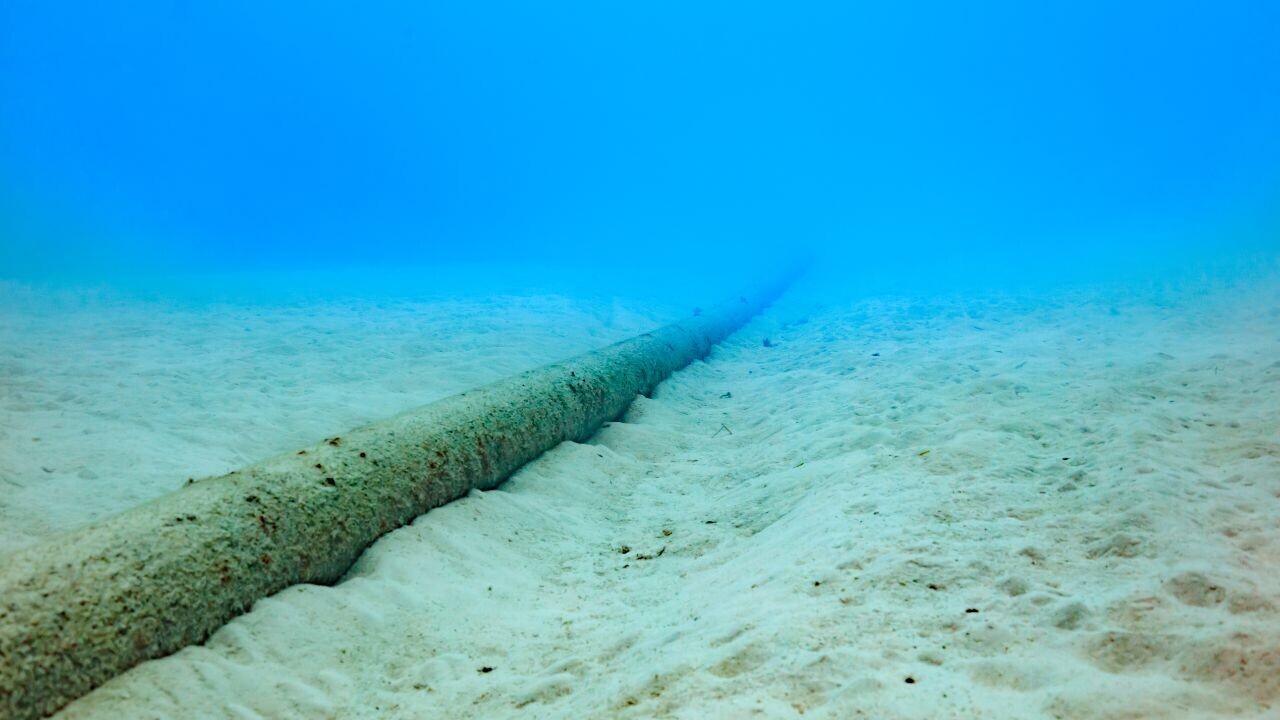
Several subsea communications cables in the Red Sea were cut on Saturday, temporarily affecting a quarter of all data traffic flowing between Asia and Europe.
Some have blamed the Houthi rebels for intentionally sabotaging the cables. The group, which has conducted a number of attacks on cargo vessels in the Red Sea in recent weeks, has denied any responsibility.
The real picture, however, looks a little more complex. According to German internet firm DE-CIX, which rents capacity on one of the cables affected, the damage was caused by an anchor from a ship that Houthi rebels had attacked. The UK-owned commercial ship Rubymar sank Saturday morning after it was hit by a Houthi missile on February 18.
“According to the information we have, at some point, the crew abandoned the ship and dropped anchor so that the unmanned vessel would not drift out of control,” explained Dr. Thomas King, CTO at DE-CIX. “Unfortunately, the anchor did not hold, and the drifting wreck dragged the anchor across the seabed, rupturing the three affected lines before the ship finally sank.”
Undersea cables send telecommunication signals and messages across stretches of the ocean at nearly the speed of light. Sixteen fibre optic cables, accounting for 17% of all international internet data traffic, run along the seabed of the Red Sea.
Similar to how the region functions as an artery for world trade, “from a telecommunications perspective, the Red Sea is a neuralgic point connecting Europe and Asia,” said King.
How do disruptions like this affect the internet?
While the severing of the Red Sea data cables might seem like the pretext to an apocalyptic internet meltdown-type scenario, the reality isn’t quite as dramatic.
Most internet service providers build their networks with failures like this in mind, so that if one cable is cut data flow is automatically rerouted to another nearby line, maintaining connection.
“In terms of the impact on Internet users in Europe and Asia, if internet service providers and carriers have built their networks redundantly and therefore resiliently, internet users should not experience any disruption,” said King.
However, it also depends on where you live. In June 2022, Asia-Africa-Europe 1 — a 25,000km internet line that snakes its way from Hong Kong to France — suffered a failure, cutting millions off from the internet for hours.
While connection was restored within a day, some experts have warned about the vulnerability of subsea infrastructure to terror attacks.
Last month, Yemen’s internationally-recognised government warned that the Iran-backed Houthi movement might sabotage the undersea cables in addition to attacking ships in the sea.
Get the TNW newsletter
Get the most important tech news in your inbox each week.




